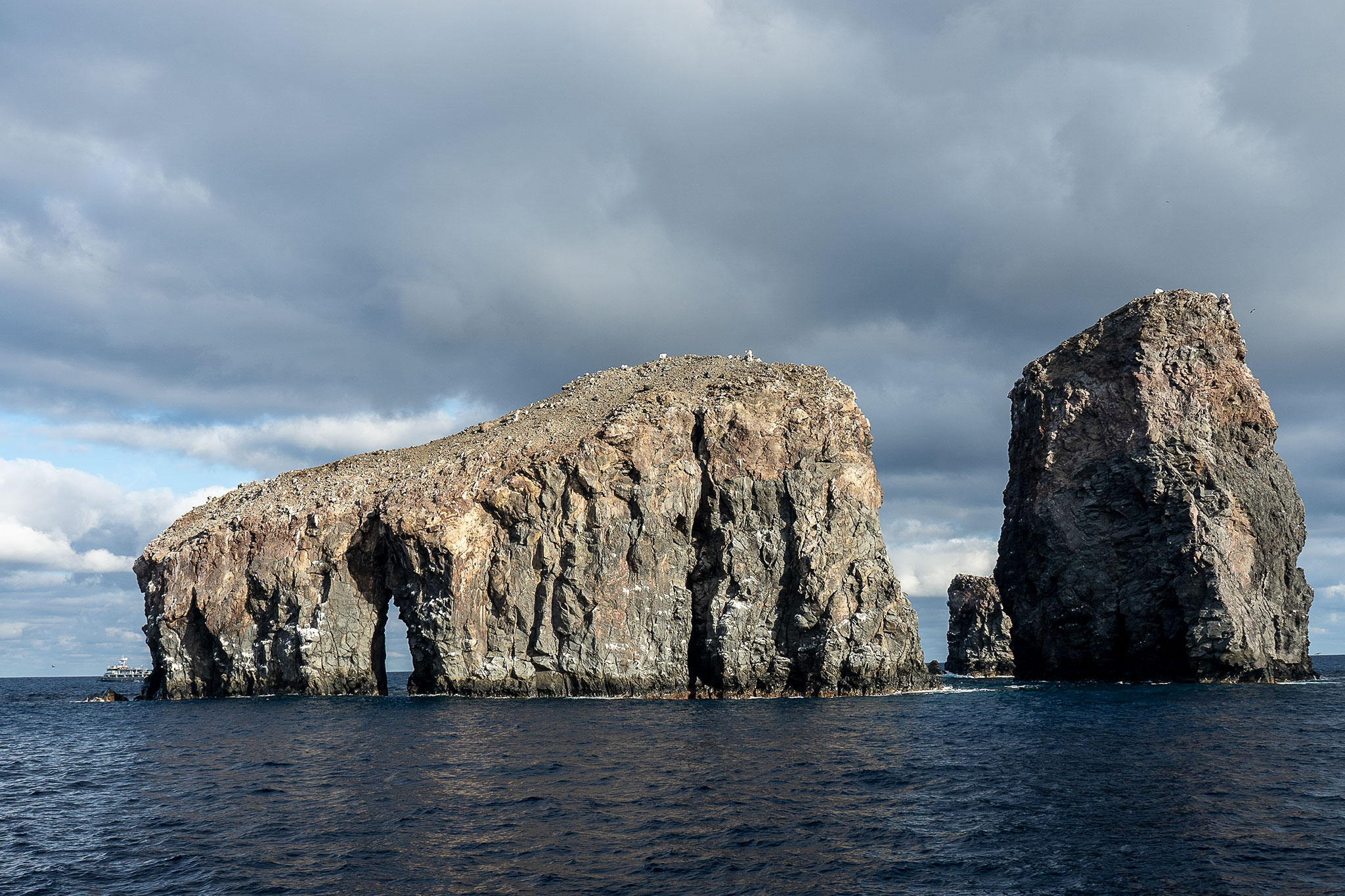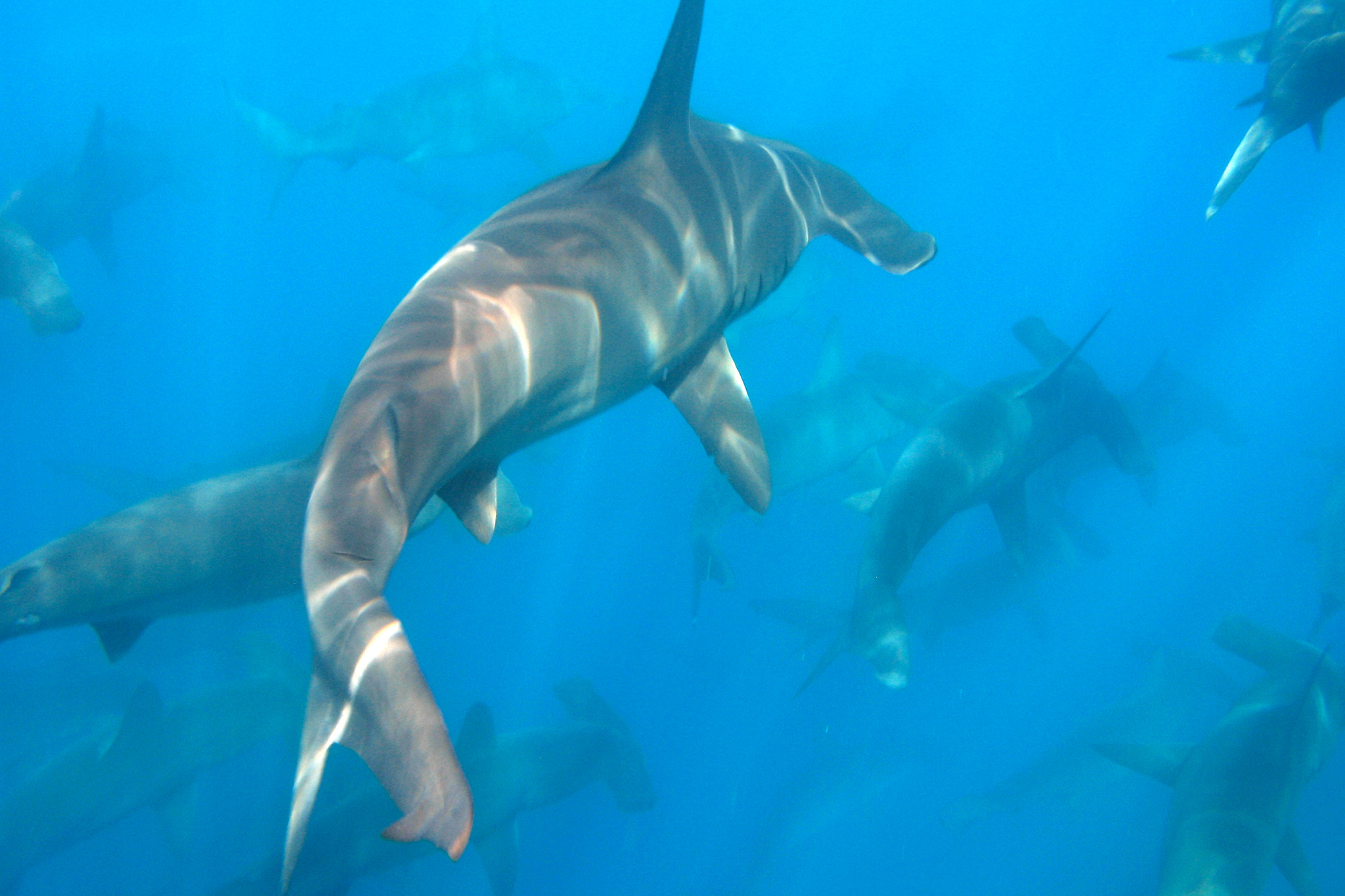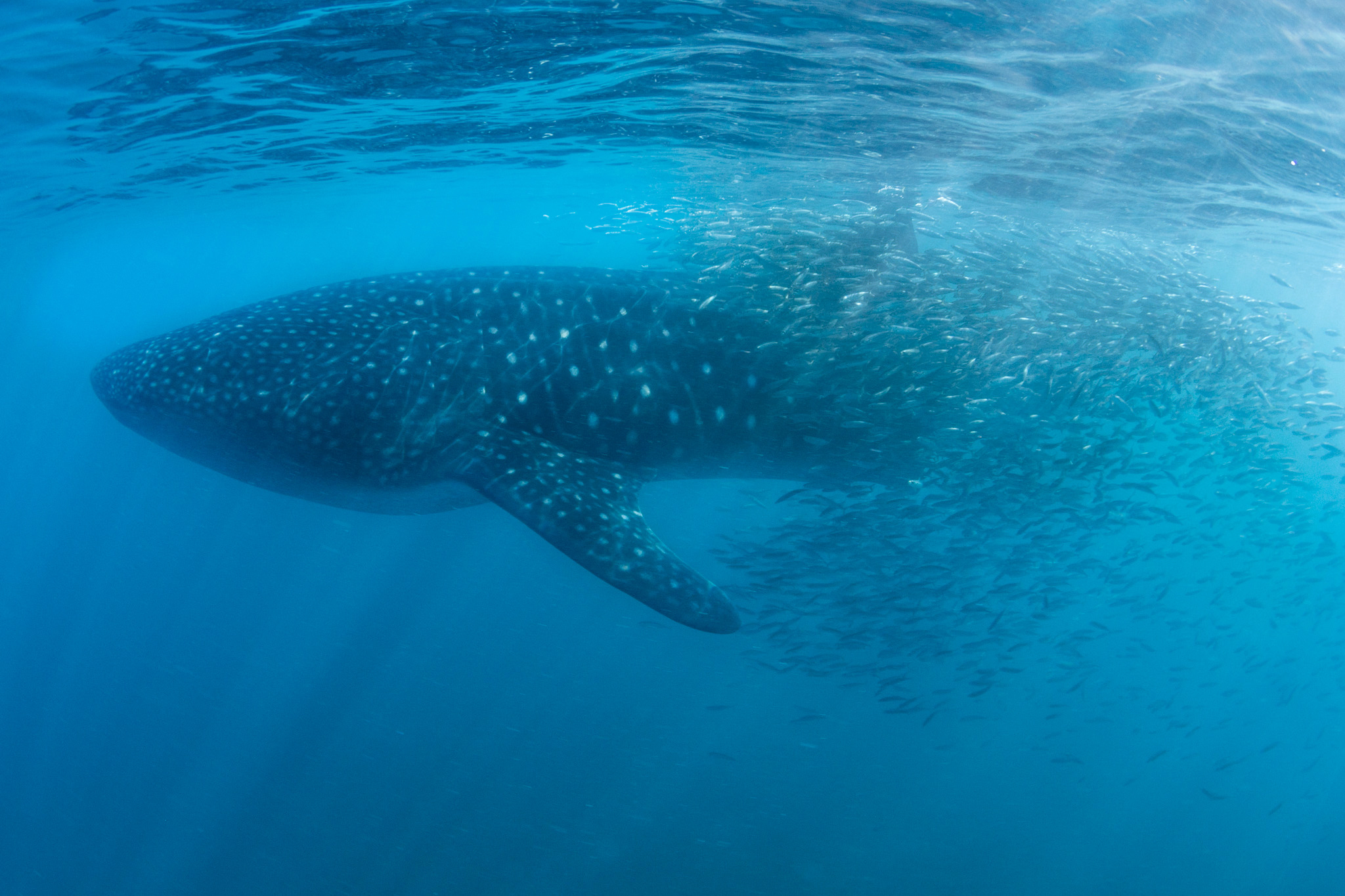A practical guide
1. Awareness
Before eating fish or shellfish, you must consider that:
a) It is wildlife that has been extracted its natural habitat. This biomass is not infinite and plays a fundamental role in preserving the oceans’ balance.
b) Fisheries are much more than just geographical regions, fishing methods or marine species. They are places where human activities are connected to marine ecosystems and renewable resources.
2. Information
You must gather as much information as you possibly can about the species you are about to eat: How was it captured? Where was it captured? What species is it? With this
information, you will be able to make better choices and differentiate among species whose populations have been overexploited.
3. Decision
Apart the best known and most commercial species —also the most exploited ones, choose between other less valued options in the market. This way you will contribute to avoid waste and encourage seasonal consumption.
4. Value
Choose those species whose growth rate is speedy, offspring numerous and recovery rates are high. These species are generally located at the bottom of the food chain.
A clear example of this is sardine, that when fished with traditional methods and used for human consumption, the fisherman’s work increases its value because the extracted specimen is of higher quality, less marine life was captured and the final consumer is willing to pay an overprice.
Sadly, the latter rarely occurs because sardines are mostly captured by industrial fishing boats that process them for making flours. This causes that thousands of tons extracted the ocean are poorly paid to the fishermen.
Another example is crab, when it is going through its molting process and it is known as “soft crab”. This specimen has very high reproduction rates, its capture involves entire families and communities and it is good because there is no waste, the whole shellfish can be consumed.
5. Considerations
Do not eat predators that are at the top of the food chain and are seriously endangered, they have slow growth rates and very limited offspring, like the shark.
Avoid species that have a high market demand, like tuna.
Respect those species that are on temporary or permanent closed seasons. For example, the Caribbean conch, which is on a strict closed season and its populations are in a critical state in our country.
Consider that there are marlin, swordfish and sailfish species in our country that are reserved solely for sportfishing. Think about this if you see any of these in a restaurant’s menu.
6. Benefits
By respecting the food chain and adding value to the work of fishing communities (that have lived on fishing for generations) you are encouraging small scale fishermen to fish responsibly, just as they were taught by their ancestors.
By 2050 we will have over 9 500 million people on our planet and the food demand will increase by 70%. The solution to feed the growing population might be in the oceans.








